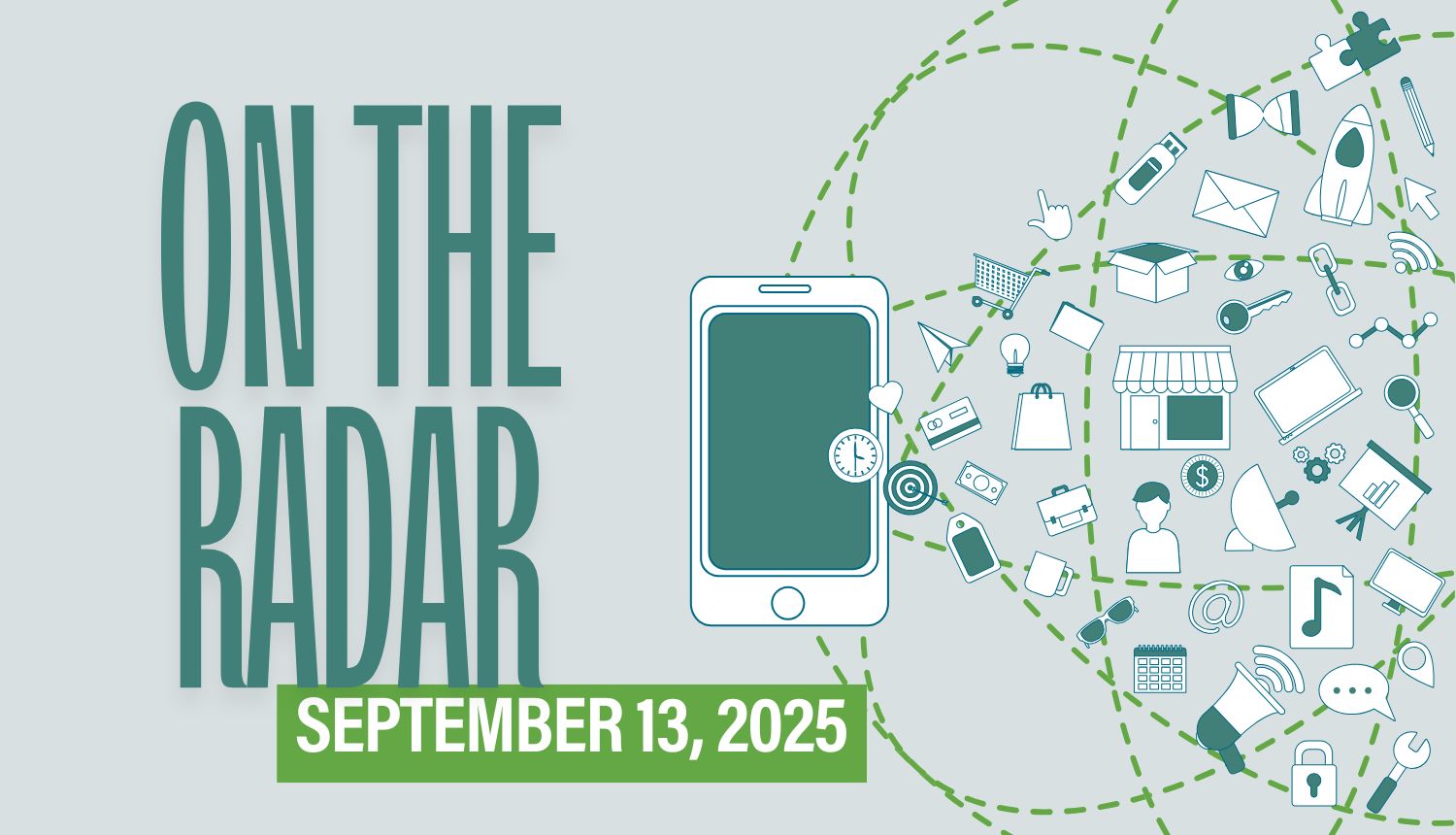Witnessing Fatal Shootings Online Can Still Cause PTSD
What? On Wednesday, Charlie Kirk, cofounder of Turning Point USA, was fatally shot while speaking at a college in Utah. Not long after his shooting, videos flooded social media showing every gruesome detail, shocking unwary users.
So What? This was not the only traumatic event to occur on Wednesday. At almost the same time that Kirk was killed, a high school in Colorado went into lockdown in response to an active shooter (two students were injured before the shooter took his own life). And, of course, these events fall the day before the 24th anniversary of 9/11. But Huffington Post reports: “Research shows that viewing violent content on social media can cause people to experience symptoms similar to post-traumatic stress disorder.”
Now What? Families can take preventative steps against these startling videos by turning off the autoplay feature on social media apps, which TechCrunch outlines here for Facebook, Instagram, X, Bluesky and Threads. And if your teens love TikTok, encourage them to take a break from the app over the next few days, since the autoplay can’t be disabled and this will give moderators time to block and remove upsetting footage related to the event.
Spotify Introduces New Direct Messaging Feature Messages
What? The music-streaming giant Spotify has created a new direct messaging feature called Messages, which was reportedly requested by users to make sharing songs, podcasts and audiobooks easier.
So What? Parents interviewed experts to weigh in on the pitfalls this new feature may bring—“namely that the messaging feature could be misused either by teenagers who send inappropriate content to each other, or by predatory users who want access to underage individuals.”
Now What? Spotify has reportedly put safeguards in place to help protect teenage users (and the feature is only available for users who are 16 or older). However, those features only work effectively if teens are honest about their age when they create an account. Tech expert Titania Jordon (CMO of Bark) reminds parents not to be overly reliant on these safeguards or Spotify’s parental controls. Rather, talk to your kids about internet safety, teaching them how to block and report suspicious people. “Remind them you’re a safe space if something feels off,” Jordon says.
SDIYBT Sounds Grosser Than It Is
What? SDIYBT, or “start digging in your butt twin,” sounds shocking but is actually pretty innocuous. Sometimes teens say it to a friend they think is losing focus. Others might use it to jokingly reference someone who has “brain rot.” But mostly, it’s a nonsensical term used as an inside joke between kids.
So What? What is that inside joke? Simply that ignorant adults think it means something awful when it really means nothing. That said, this piece of slang still sounds gross—and that’s probably part of the appeal. But it’s growing in popularity as adolescents swap it out for song lyrics in social media videos and integrate it into texts and online chats.
Now What? According to Parents, there are a few videos out there that “veer into adults-only territory.” So that’s something to keep an eye out for. But for the most part, it’s just kids acting immaturely. Ask your tween about this phrase if you notice them using it or the acronym. Where did they hear it? What does it mean? It will help you to get a better understanding of why they might be interested in saying it. But also, maybe just point out that if they want to be taken seriously—especially by adults—then they might want to let this idiom go.


